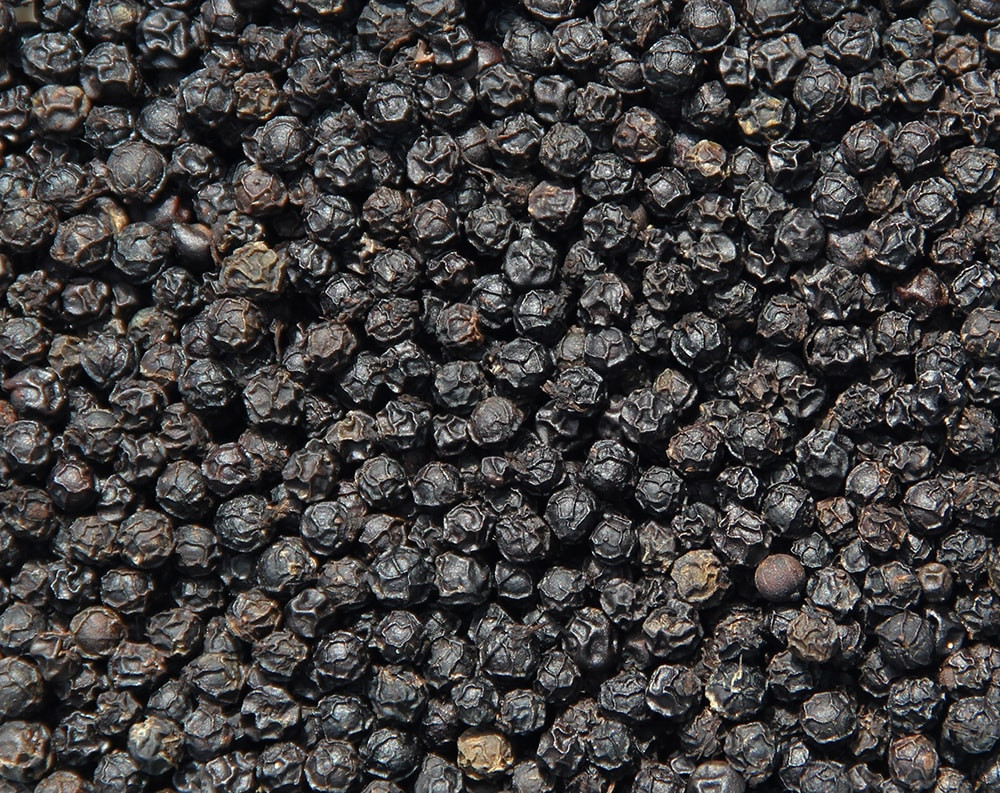Just a day after American buyers claimed business was on hold, they flooded Vietnamese suppliers with orders for black pepper - the country's prized “black gold.”
The sudden rush followed former President Donald Trump's announcement delaying high tariffs on imports from 75 countries, including Vietnam, for 90 days.

Phan Minh Thong, Chairman of Phuc Sinh Group, Vietnam’s largest pepper exporter to the US, shared that on April 9, many American customers expressed doubt over continuing business.
Yet by the morning of April 10, they were urgently placing large orders. “They sent messages non-stop. The volume was so intense that we had to switch to three shifts to keep up,” he said.
Vietnam is a global powerhouse in pepper exports, accounting for 40% of global output and 60% of market share. In 2024, the country exported approximately 230,000 tons of pepper worth USD 1.31 billion.
The US remains Vietnam’s top market. Last year alone, it imported 72,300 tons of Vietnamese pepper, valued at around USD 409 million - 31% of Vietnam’s total pepper export turnover. In the first quarter of 2025, nearly 47,300 tons were exported, earning USD 324.6 million. Though volume dropped 16.7% year-on-year, export value rose 37.8% thanks to high prices.
In Q1 alone, the US imported 11,019 tons of Vietnamese pepper, worth USD 83.4 million, accounting for 25.7% of total pepper exports.
The Vietnamese Pepper and Spice Association revealed that Trump’s earlier announcement of a potential 46% import tax shocked exporters. On April 7, many pre-existing deals were canceled due to fears over increased costs. But everything changed overnight when the tariff was put on hold.
Vietnamese pepper prices reacted swiftly. On April 11, domestic prices rose by VND 4,000-5,000/kg, reaching VND 153,000-155,000 (USD 6.60-6.80/kg) for black pepper and USD 9.60/kg for white pepper on the export market.
The US, which does not grow pepper, relies heavily on imports - especially from Vietnam. “Now all we do is focus on selling,” Thong said.
With a 90-day window before potential tariffs take effect, experts are urging Vietnamese businesses to both accelerate current orders and prepare for long-term uncertainties.
Dr. Nguyen Thuong Lang, senior lecturer at the University of Economics and Business (NEU), stressed the need for robust risk-mitigation strategies. He recommended that businesses invest in strengthening their domestic supply chains and explore the 100-million-strong domestic market.
Thong also advocated for more equitable financial support policies. “Exporters can access USD loans at just over 1% interest, while local producers pay 9-10% on VND loans. That’s not a level playing field,” he said. With more favorable loan programs, he believes domestic producers could expand and enrich the local market.
He also suggested that a national commodity exchange could be a game changer. It would allow Vietnamese firms to manage exports better, reduce reliance on any single market, and participate in the global flow of goods more proactively.
“There’s no magic policy that works overnight, but a commodity exchange could be a ‘magic pouch’ helping businesses reduce the impact of US tariffs,” Thong emphasized. “When you trade on an exchange, goods flow globally, not just to one major market.”
Tam An